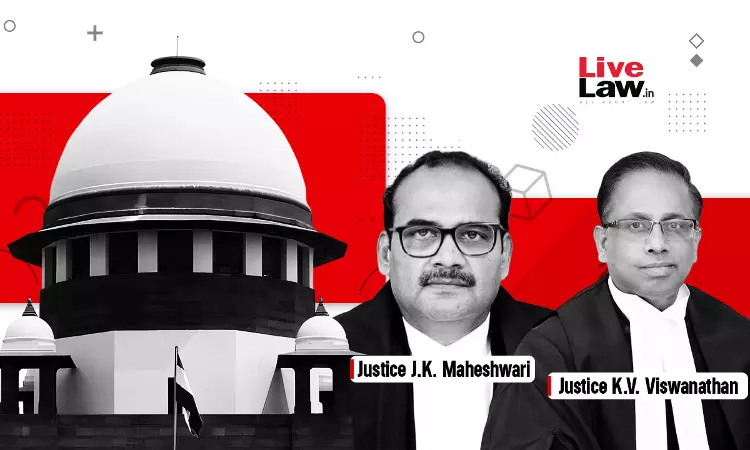PNB Regulations | Bank Can't Withhold PF & Gratuity Without Proving Actual Loss Caused By Employee : Supreme Court
Suraj Parmar
8 Nov 2023 7:47 PM IST

Next Story
8 Nov 2023 7:47 PM IST
The Supreme Court recently ruled in favor of an employee(appellant), directing the Punjab National Bank (PNB) to release the provident fund (PF) and gratuity due to him who was compulsorily retired. The court held that as per the Punjab National Bank (Officers’) Service Regulations, 1979(1979 Regulations), the bank could withhold the PF amount only when any loss is proved to be caused to it...
